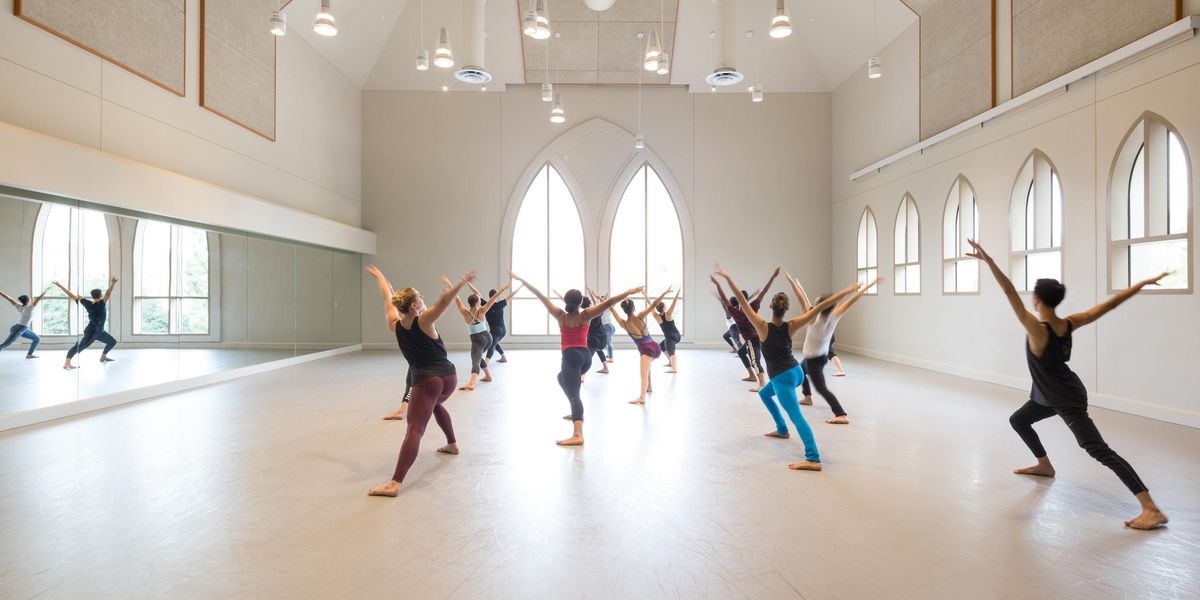Alan M. Kriegsman (1928-2012)
As a dance critic, Alan M. Kriegsman had a “big mind,” choreographer Liz Lerman reflected, following his death August 31 at home in Chevy Chase, Maryland. More so he had a big heart and a humane manner of observing and covering dance, this most human of art forms. While he was the first dance critic to receive the Pulitzer Prize for Criticism in 1976, he is best remembered for the great appreciation and respect he held for dancers and dancemakers of all stripes and genres.
Kriegsman, who was known as Mike, was dance critic for The Washington Post from 1974 through his retirement in 1996. Prior to that, beginning in 1966, he covered classical music and the performing arts for The Post. From 1960 to 1965 he was music, drama, and dance critic for the San Diego Union. From the mid 1960s through the late 1980s, his perceptive and eloquent prose helped the art form thrive in the Washington, DC region, throughout the country, and around the world.
Born in Brooklyn and raised in Queens, Kriegsman was a renaissance man. After serving in the Honor Guard in Tokyo from 1946–47, he pursued physics at the Massachusetts Institute of Technology before studying musicology at Columbia University, where he earned a BS, an MA, and completed requirements for a doctorate. He moved to Washington, DC in 1966 as the city was on the brink of becoming a cultural capital. While he covered the world-class dance companies that regularly visited the region, Kriegsman was equally at home sitting on a folding chair in a one-time warehouse. He wrote on locally grown dance companies with the same respect and eye for detail that he gave to companies like New York City Ballet or Bolshoi Ballet. He cast a wide net, writing about the then-emerging presence of African, Spanish, classical Indian, and other culturally specific dance forms that began to percolate in Washington.
As much as Kriegsman was devoted to the classics, he became most excited by new works. His reviews, often written overnight, were models of clarity. He wrote with vigor, care, and understanding and even his critical reviews were revelatory and instructive. One of his protégés, Suzanne Carbonneau, a long-time dance writer and academic, recalled that he said even when he wrote about terrible performances, he wished to make his readers sorry they had not been there.
Kriegsman was married to the former Sali Ann Ribakove, a well-known dance writer, historian, and administrator who has directed the dance programs of the National Endowment for the Arts and Jacobs Pillow. He was a former board member of the Dance Critics Association, and after his retirement he served on boards of the Cunningham Dance Foundation, the Choo-San Goh and H. Robert Magee Foundation, Dance Institute of Washington, and on the advisory committee of the Pola Nirenska Award. In 2004, he was awarded the first Dance/USA Trustees Award for “his unique and significant contributions to dance journalism and American dance spanning the last third of the 20th century.” In March 2012, he and his wife were honored with the Pola Nirenska Award for Lifetime Achievement in Dance. Dance Metro DC’s award for distinguished service to the field carries his name.
A generation of dance writers exists because of Kriegsman’s influence and mentorship, among them his successor at The Post, Sarah Kaufman, who in 2010 became the second dance critic to receive the Pulitzer Prize. She said, “Mike Kriegsman, who met with me when I was 20, and over a beer across from The Post, shared the secrets of dance criticism: taking notes in the dark and never looking at them…because the important things stay in your heart.” —Lisa Traiger




